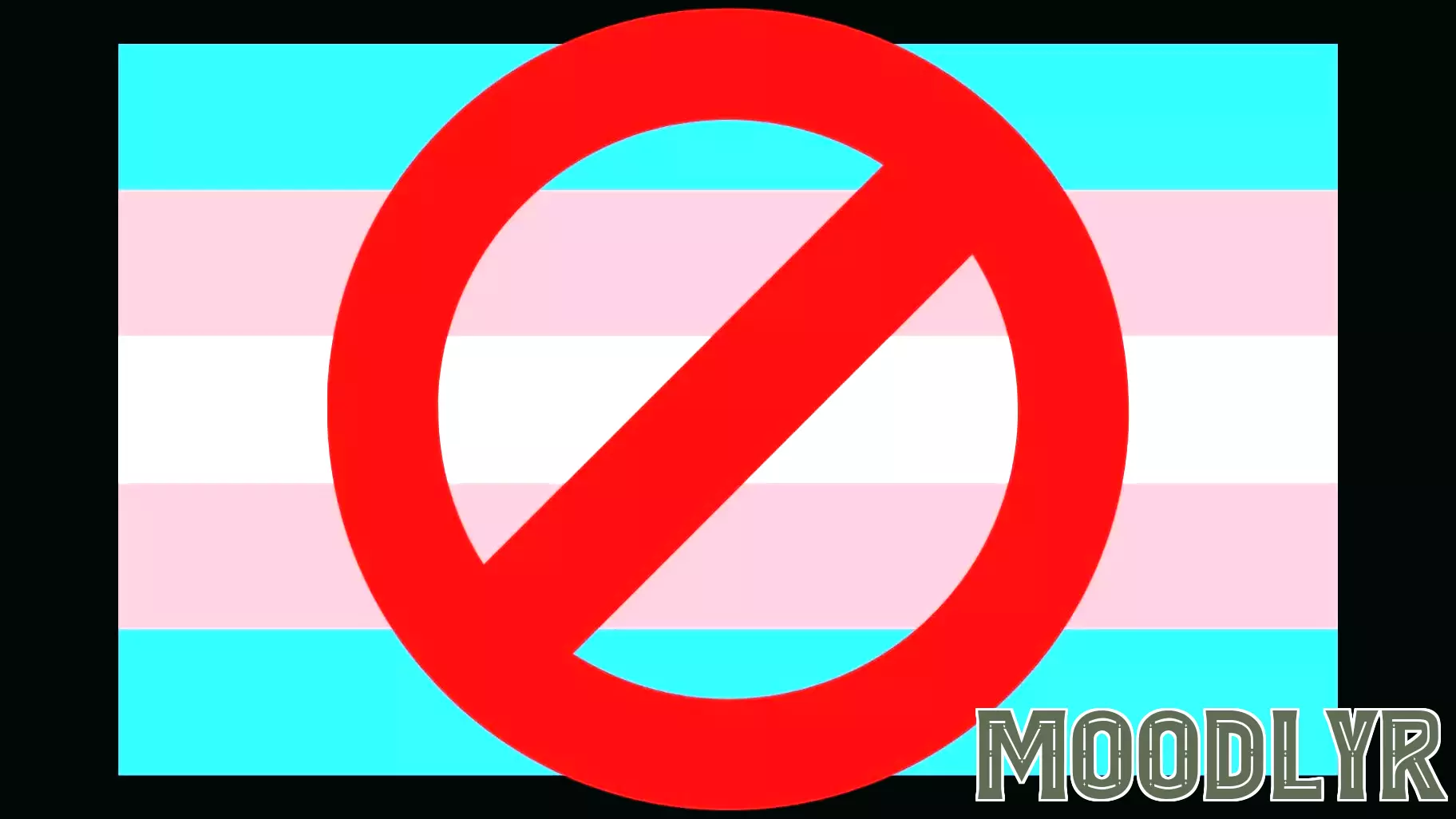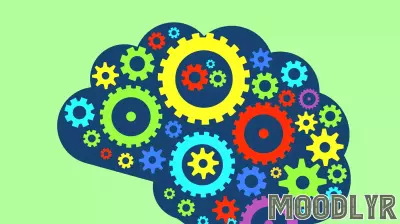March 24, 2025 - 02:46

Recent trends in anti-trans legislation across the country can be examined through the lens of social psychology, particularly the concepts of "in-group" and "out-group." These terms refer to the social categorization of individuals based on shared characteristics, leading to the formation of groups that are perceived as either similar or different from oneself.
The rise of anti-trans bills reflects a growing sentiment among certain segments of the population that view transgender individuals as part of an "out-group." This perception fosters an environment where fear and misunderstanding thrive, often leading to the justification of discriminatory policies. Cognitive biases, such as confirmation bias and in-group favoritism, play a significant role in shaping opinions and attitudes towards the transgender community.
As lawmakers respond to these biases, they may craft legislation that reinforces existing prejudices rather than addressing the complexities of gender identity. Understanding these psychological dynamics is crucial for advocates and policymakers aiming to foster inclusivity and challenge harmful stereotypes. By promoting empathy and awareness, society can work towards dismantling the barriers faced by transgender individuals and create a more equitable environment for all.



